Whose call to peace is stronger? The call made by victims of conflict, or the call made by former perpetrators? That was the question I found myself asking as I wandered Hiroshima’s Peace Memorial Park earlier this month.
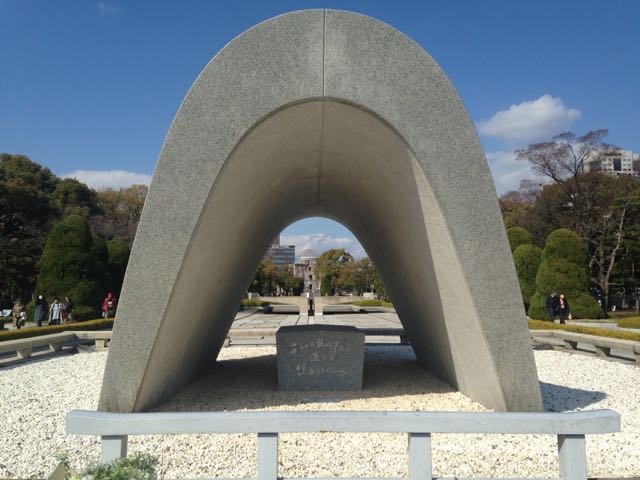

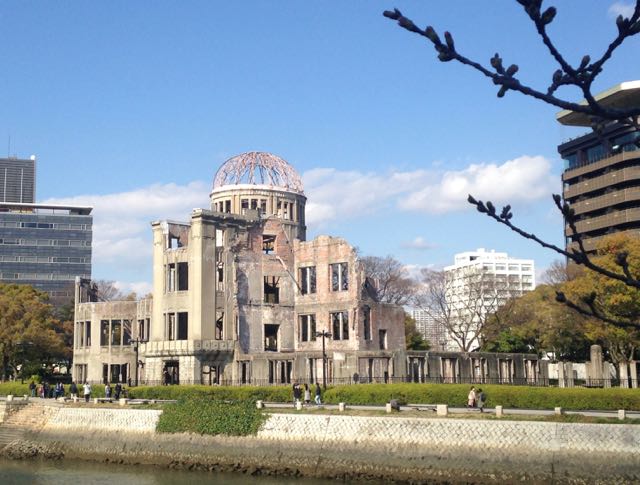
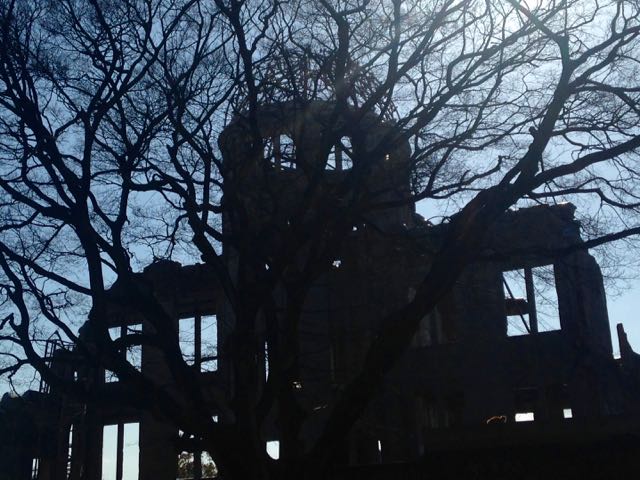
Japan is unique in so many ways. It’s a fascinating place of extremes and contradictions, where sublime beauty and attention to detail exist beside mass-produced, plastic-wrapped ugliness. I don’t think I have ever been to a place where so many things feel completely alien.
Of course Japan is also unique for being the only country in the world to have been victim not just to one, but two nuclear bombings. And it is very clear from the messages in Hiroshima Peace Memorial Museum that that narrative has played a strong role in defining how Japan sees itself today. Throughout the park were heartfelt messages offering pacifism and reconciliation as a path forward.
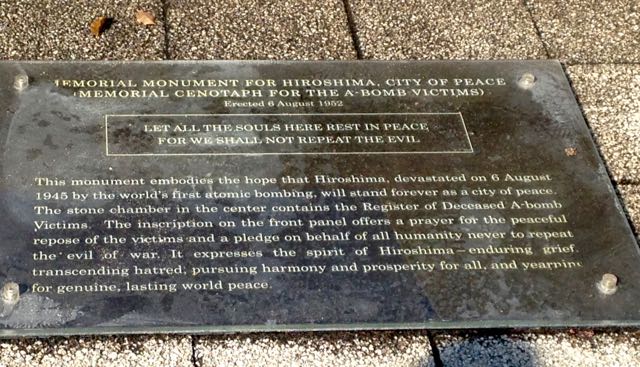

I honestly can’t imagine how anybody could emerge from the Peace Museum’s collection of photographs and preserved artefacts untouched by the epic tragedy. Twisted clocks stopped in their tracks at 8.15am and the charred remains of a lunch box or child’s tricycle serve as illustrations to the deeply moving and disturbing testimonies of eyewitnesses or parents, whose children blistered and bubbled to their deaths. Surely nobody can think atomic warfare is a good idea.
And yet, as I wandered the park, I found a “but” forming in my mind. Not about the inarguable suffering of the inhabitants of Hiroshima and Nagasaki, but about the fact that the Japanese were also known for being the aggressors of ruthless cruelty, particularly in the Pacific theatre. For their call for peace to be truly effective, I needed ‘Japan the perpetrator of huge suffering’ to stand hand in hand with ‘Japan the victim’. But this admission of guilt is largely lacking. And maybe it is wrong of me to expect Japan to respond as honestly as Germany in this regard. After all, is it not just responding the same way as all countries… in fact, most perpetrators of crime… well actually, most of us as individuals when it comes to our own misdeeds?
Over the years there have been expressions of remorse, such as Prime Minister Shinzō Abe expressing “deep repentance” for Japan’s actions during World War II at a Joint Session of the United States Congress in 2015. But one could see this through a cynical lens, as a strategic move designed to emphasise Japan’s reconciliation and alliance with the USA: Two former enemies turned staunch allies become leaders in the promotion of free value and the rules of engagement in the international community. Meanwhile, Japanese textbooks focus on the suffering the Japanese public had to endure and gloss over Japan’s own devastating actions as an imperial power. Even when they do acknowledge them, it is again as a victim. They look at Japanese foot soldiers’ suffering in Burma, Thailand and Indonesia, ignoring the perspective of the countries colonised or attacked by Japanese forces, like China, Korea and South East Asia.
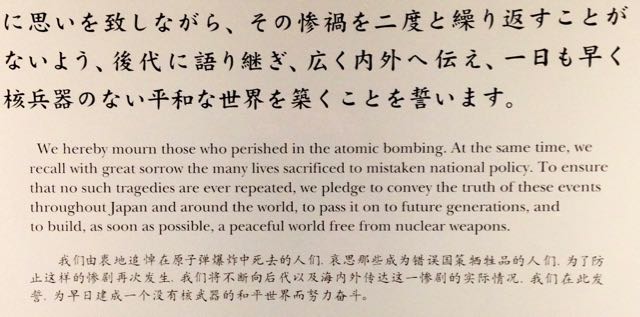
After my talks on Germany’s culture of apology and atonement, I am often told stories of parents who had fought in WW2 and been able to forgive the Germans… but not the Japanese. Germany was, of course, every bit as cruel albeit in a different way, but it has long held up its national hands in the most unconditional admission of culpability and display of penitence any nation has ever shown towards its own deeds. When people wonder why Japan hasn’t done the same, it could be argued that the answer lies in the reversal of the question: Why has Germany done so much? For Germany is utterly unique in this regard and Japan is merely following the tradition of all other nations around the world.
The idea of national guilt and the potential need for a nation to apologise is a newish one. And, having been a staunch supporter of apology as a way to forge a new identity, I am actually questioning its importance as a gesture long after the event. True apology is deeply transformative, but when it comes to retrospectively apologising on behalf of a nation, can an apology by people who didn’t do anything to people to whom something wasn’t done have any real effect? So I think my question is now taking the shape of: How can a nation acknowledge its misdeeds and actively dismantle their negative legacy? This could be in relation to slavery, colonialism, war crimes, discrimination… By doing so, we open up the possibility of having dialogues that are less binary than the divisive, fact-based discourses about perpetrators and victims, right or wrong, good or bad etc. and rather focus on the experiences of individuals now; how they have been impacted and what would help them.
So, in answer to my opening question ‘Whose call to peace is stronger?’ I think I would answer, that of the former perpetrator. Because, in order to arrive there, they have had to pass though a deeper process of unflinching honesty, self-reflection, humility and genuine transformation.
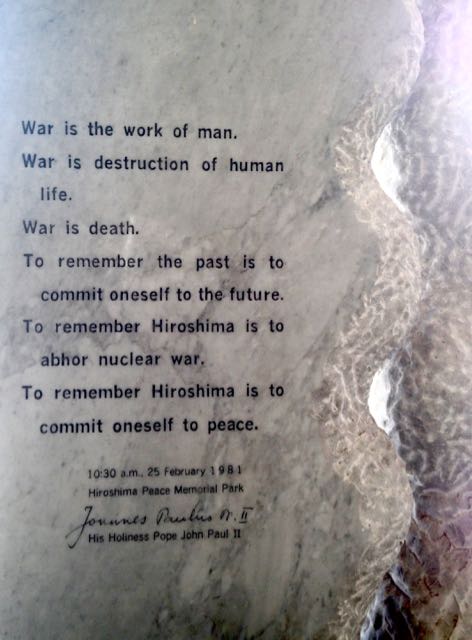

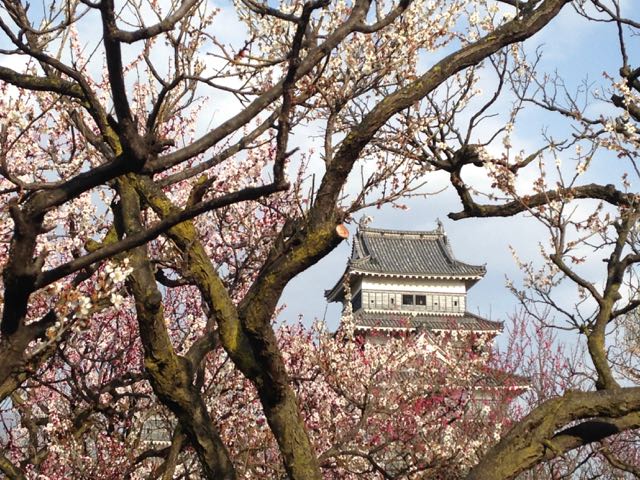
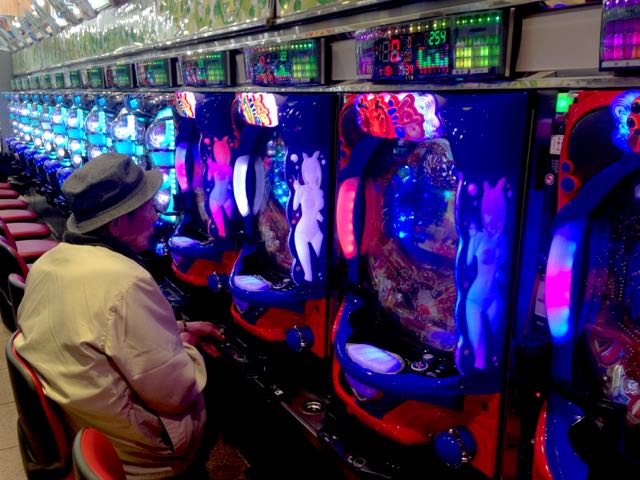


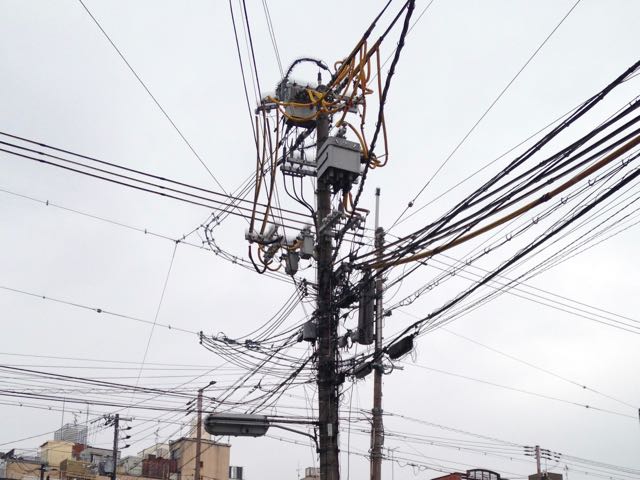
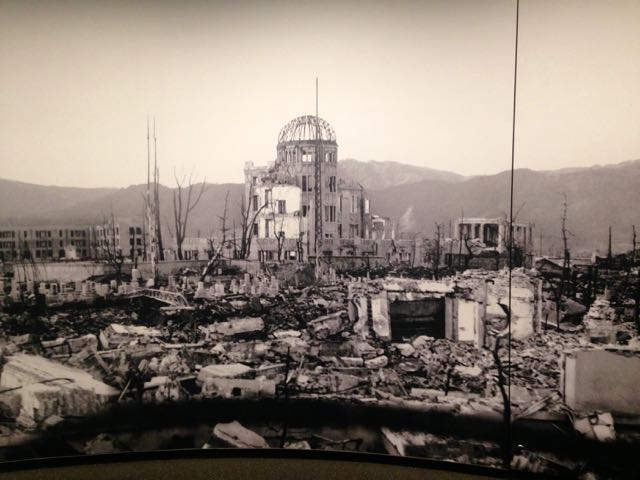
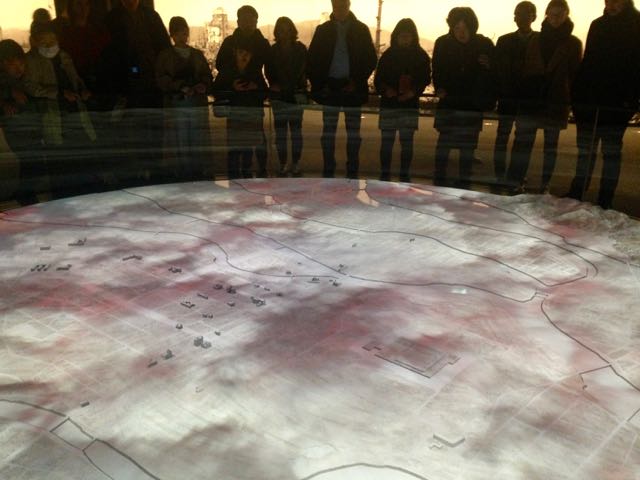
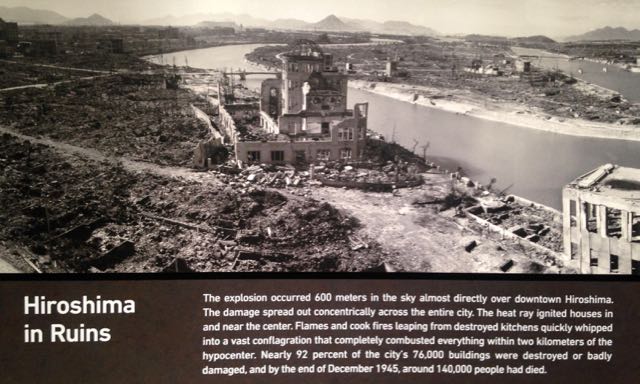
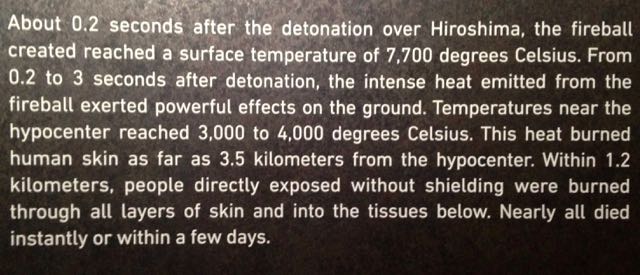
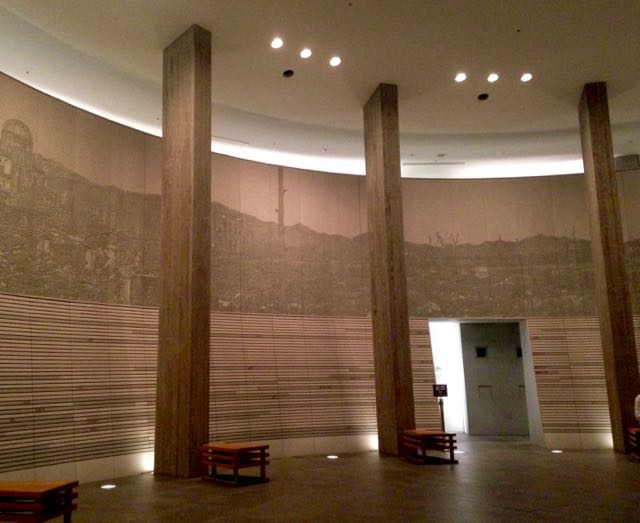
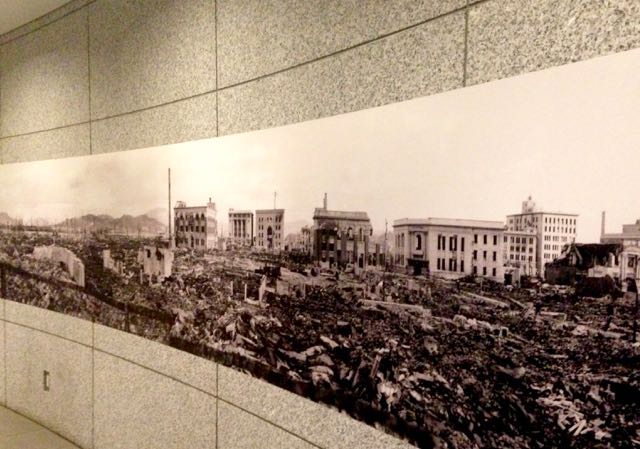
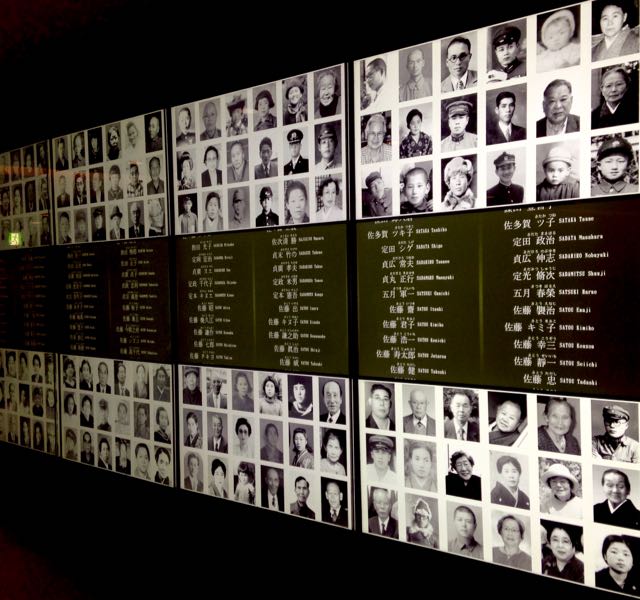
What a conflict of emotions.
My father fought them in India and Burma.
My old regiment fought them in Burma
My Uncle was British Ambassador in the 1960s
My wife and mother and father in law were prisoners in Japan 1942 to 1945
I have never been there
but the history in my family is horrific
Yes, I was aware of some of that Julian. And while I can’t imagine what that is like, I am so aware of how incredibly hard it must be to deal with.
Interesting x
[cid:HI-RESLOGO_nostrapline_s_7c7a751d-e4ae-4ed1-98af-f6a17b419f0a.jpg]
[cid:twitter_20506428-17bb-4167-bef1-0330545cf565.png][cid:fb_b3320c26-3334-48cf-96f9-07daa4dbd540.png][cid:instagram_3da628de-96be-43ec-8188-92875a306520.png][cid:pin_c1743178-10b1-4912-970a-271c66eb9960.png]
TOM FAULKNER
Founder & Creative Director
+44 (0)7768 815 878 +44 (0)20 7351 7272
Chelsea Reach, 79-89 Lots Road, London, SW10 0RN
tomfaulkner.co.uk
[cid:TF_FooterJan2019_2_63327a0b-bf23-4933-b64a-3633893b47f5.png]
Hi Angela Just read your blog on Japan. Very thought provoking especially as we will be in Japan, as you know, in just a short few weeks. I will keep your words in mind, especially when we visit Hiroshima. I will be in touch when I get back Love Ax
maxcarter@duxfordhouse.co.uk 01865 821768 07976 246279
>
Thanks Amanda, and I’m really looking forward to talking more with you when you are back. Ax